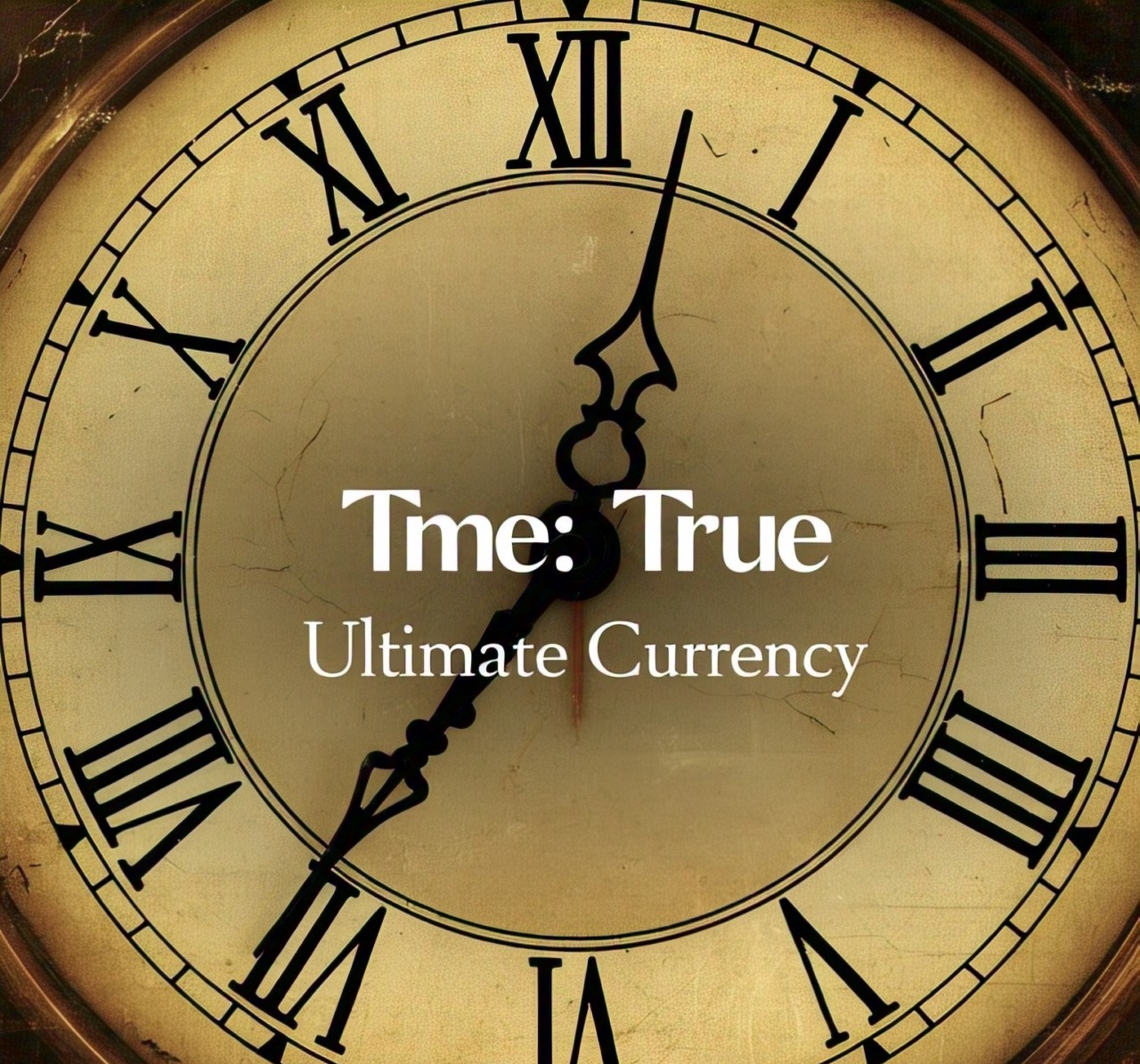So in today’s culture that glorifies quick decisions, fast responses, snap judgments, and instant reactions. In this noise, Faulkland’s Law whispers this sanity: If you do not have to make a decision about something, then don’t decide.
I know it sounds counterintuitive, or even passive, but behind this law is a powerful truth: Choosing NOT to decide yet is sometimes the strongest move you can make.
Sometimes, silence, patience, and timing are not signs of fear or indecision; they are signs of control, strength, and maturity, and so today, I want use to explore the quiet wisdom behind Faulkland’s Law and how we can apply it to make fewer mistakes, preserve emotional energy, and act with precision when it matters most.
The Paradox of Power: Why Choosing NOT to Choose is a Strength
You know our default belief is that decisive people are strong and respected, and yes, of course, decisiveness matters, but sometimes real power is not found in making quick decisions; it is found in making the right ones.
Faulkland’s Law tells us that not every situation needs a reaction right now. Sometimes the wisest move is:
- Saying nothing.
- Doing nothing.
- Waiting for the fog to clear.
There is power in refusing to be rushed, and the most grounded people do not let urgency manipulate them. They do not let emotions make appointments on their calendar; they do not let their emotions cloud their judgment; they wait until clarity, timing, and context align and then they move.
The pause is not a weakness! It is leadership! It is self-mastery!

Emotional Distance Creates Strategic Clarity
I believe you know or can at least assume that many of the worst decisions in life are made in the heat of the moment, and why is that? Because emotion clouds logic; it narrows vision, and it demands action when what is really needed is stillness.
And Faulkland’s Law reminds us to let time do some of the heavy lifting. By holding off on decisions when we are:
- Angry.
- Tired.
- Unclear.
- And Pressured.
We allow emotions to settle and logic to rise, and that distance creates space for:
- Listening instead of reacting.
- Understanding instead of assuming.
- And Strategizing instead of scrambling.
And this emotional time of rest is where wisdom is born, because and often, with just a bit of time, the urgency fades and the right path becomes obvious and no drama required.
Marcus Aurelius once wrote, “You don’t have to turn this into something. You don’t have to have an opinion,” this was not apathy; it was strength. It was a refusal to be emotionally manipulated or pulled off course by someone else’s behavior. After all, the Stoics lived in a world filled with cruelty, slander, and provocation, yet they cultivated the incredible ability to remain still, calm, and unmoved.
While other people are reacting with outrage, the ancient Stoics, like Marcus, Epictetus, and Cato teach us a different way. A way rooted in restraint, self-awareness, and purpose.
We often think that strength means speaking up, clapping back, or standing our ground in every confrontation, but the Stoics teach a counterintuitive lesson: Sometimes, true strength is in NOT reacting at all.
Continue Reading: Refuse to Be Provoked: You Don’t Have To React To Everything
The Cost of Premature Decisions: What You Risk by Rushing
We do not just pay for bad decisions, we pay for unnecessary ones. Every time we make a decision, we invest:
- Mental energy.
- Emotional weight.
- Relational capital.
- Reputation and momentum.
And when we make decisions too early, before we have to, we risk:
- Locking ourselves into the wrong path.
- Reacting to incomplete or false information.
- Creating pressure that was not even necessary.
- And even damaging trust through emotional or unclear choices.
Know this! Faulkland’s Law is not about avoidance; it is about preservation. It protects you from overcommitting, overexplaining, and overreacting. You do not have to solve everything today and if a decision can wait, let it wait, because premature decisions often cost more to undo than they will ever give in return.
Practicing Faulkland’s Law: When Waiting Is the Best Move
So all that I have said so far beg the question: How do we actually live out this principle? So here are four ways to practice Faulkland’s Law wisely:
Master the “Pause Response”
Before answering big questions or making emotional calls, give yourself space, sleep on it, take a walk, or wait 24 hours. Most decisions are not as urgent as they feel.
Clarify the Consequence of Delay
Ask yourself: “What happens if I do not decide this today?” If nothing major changes, that is your sign; it can wait and it should wait!
Use Silence Strategically
Sometimes silence says more than a rushed answer, in relationships, in negotiations, or in tense moments, restraint is what builds respect and reveals strength.
Create Decision Free Zones
Block out time in your week where you do not make decisions, big or small, because this protects your mind and helps you focus on what truly requires attention, and matters or matters urgently.
Read Also: The Dilemma: When Your Principles Collide and Values Are Tested
Read Also: What Is Murphy’s Law? Real-Life Examples and How to Deal With It
Read Also: Wilson’s Law: Why Knowledge First is The Smartest Financial Strategy
Conclusion
So again, in today’s world addicted to action or rather fast action, Faulkland’s Law tells a rare and powerful kind of freedom: You do not have to react! You do not have to respond! You do not have to decide, unless you truly need to!
This is not procrastination; this is not fear; this is strength! When you choose patience over panic, silence over noise, and timing over ego, you unlock clarity that most people never reach.
So my dearest readers, the next time you feel pressured to decide, pause and step back.
Let Faulkland’s Law protect your peace, because the strongest decisions are made by the quietest minds, remember, stillness is key!
Marcus Aurelius, a Roman emperor facing daily attacks, betrayals, and pressures, continually reminded himself not to let provocations dictate his behavior. Epictetus believed that being offended was a choice and that when we react with anger, we give away our power.
There is deep power in stillness, in refusing to be baited, refusing to be agitated, in not allowing every comment or circumstance to stir you up. When we react without thinking, we are not being brave; we are being controlled.
Stoic wisdom gives us the permission to pause and to ask: Does this really deserve my attention? Is this worth my peace? Do I really want to lose my self-control and power to this? Most of the time, the answer is no! And in that space between stimulus and response, we find the ability to remain grounded, calm, and unshaken.
Continue Reading: Refuse to Be Provoked: You Don’t Have To React To Everything





